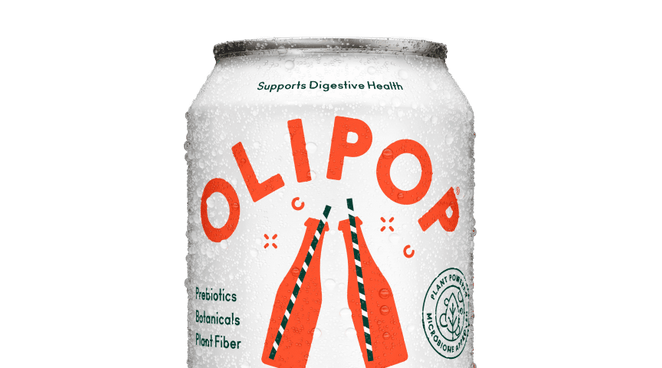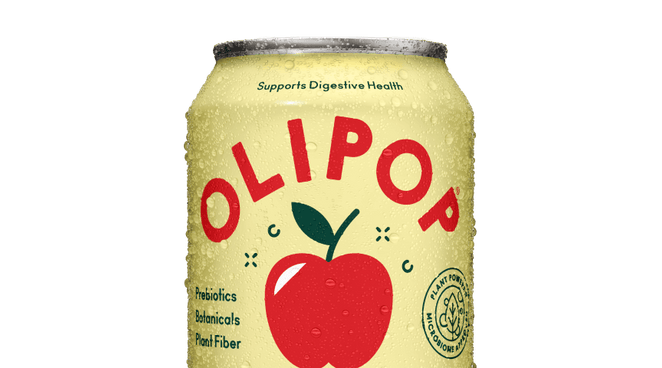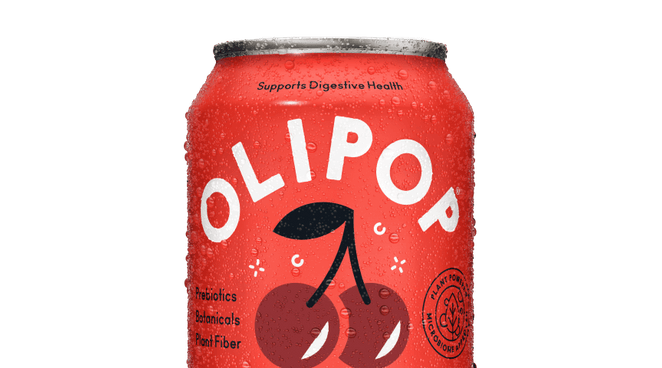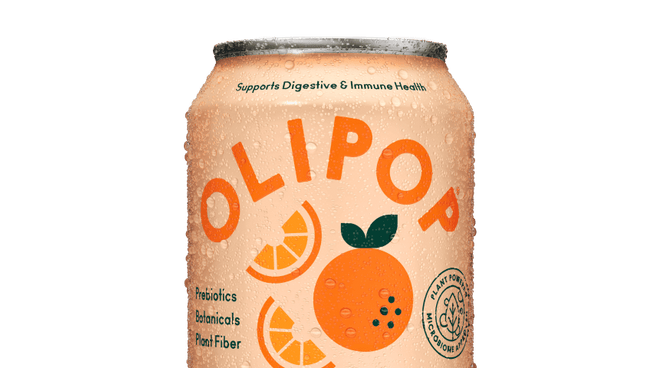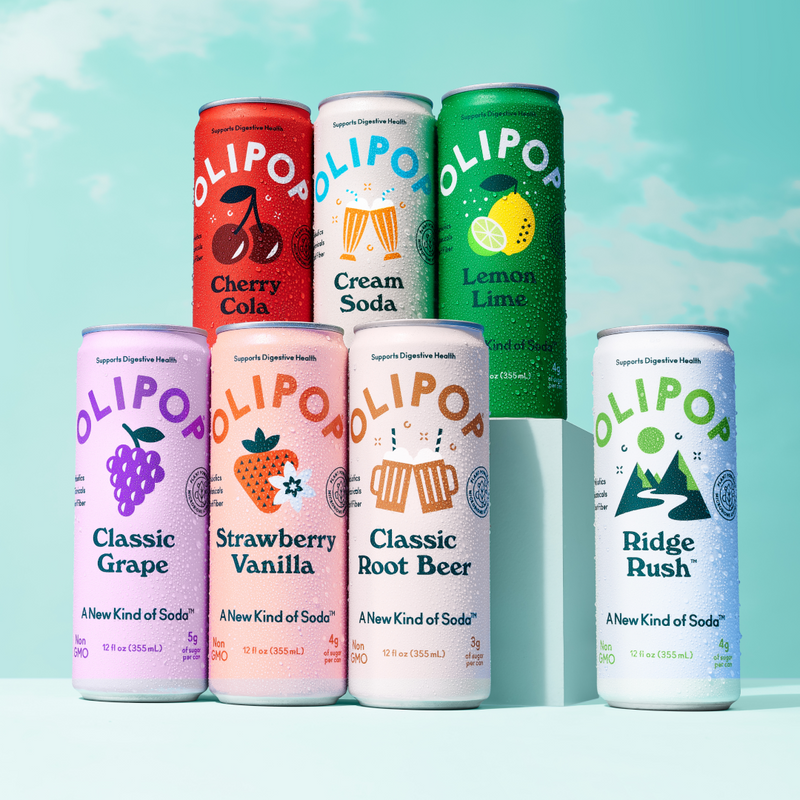During the holiday season, many of your routines get totally out of whack. From eating differently to not sleeping as much, the festivities interfere with your normal routine and this interference doesn’t always support a healthy microbiome. Fortunately, with a little consideration, there are some simple ways to keep your gut health in check!
Why Are The Holidays Hard On Your Microbiome?
Your microbiome consists of millions of live bacteria that support many factors of your health. From immune support to bowel movement regularity, your gut health is incredibly important for your overall well-being.1
But when the holidays come around, the day-to-day actions you either knowingly or unknowingly take to support your gut microbiome, like eating fermented foods, getting good quality sleep, and limiting alcohol, often go out the window. Not to mention the added stress of the holiday season! The good news is that there are some things that you can do to help keep your gut microbiome health in check over the holidays and all year long.
How to Take Care of Your Gut During the Holidays
1. Watch Your Sweet Tooth
If you have a sweet tooth, temptation seems to be everywhere during the holiday season. From candy canes to overly indulgent desserts, sugar and treats are enjoyed far more frequently during this time of year.
While enjoying treats can be oh-so enjoyable, too much sugar can wreak havoc on your gut microbiome.2 Therefore, while incredibly difficult, be mindful of how much sugar you are consuming during the holiday season. You can keep your sugar intake in check by choosing fruits instead of candy or eating fruit alongside your favorite holiday treats as a way of monitoring the portion sizes of your favorite goodies.
2. Eat Your Veggies
They say “eat your veggies” for a reason: vegetables are packed with vitamins and minerals. Additionally, many veggie varieties are also awesome sources of fiber. Certain plant fibers are prebiotics or indigestible starches that your probiotics use as fuel.
When attending a party or prancing around town checking out the holiday decorations, make a conscious effort to get your greens when you can. Nosh on a crudité board at holiday parties, include delicious salads with your holiday meals, or add chopped veggies to classic holiday dishes like stuffing. Your gut will thank you!
3. Cut Back on the Booze
The holidays and alcohol often go hand in hand as consumption ramps up for many people during the holidays. But here’s the thing: alcohol affects our microbiomes in ways we don’t quite understand. For example, while we need more studies to confirm, research suggests alcohol consumption may create "bad" bacterial growth and dysbiosis and affect the composition of the gut microbiome.3
Our suggestion? Keep an eye on your alcohol consumption throughout the holiday season. When you can, try swapping your cocktail with a non-alcoholic drink like alcohol-free wine, OLIPOP, or 100% fruit juice with a splash of seltzer. The holidays don’t have to be totally alcohol-free but they also don’t have to be totally packed with alcohol either.
4. Try to Stay On A Routine
Holidays are a time for parties, frantic shopping trips, and unwinding with your friends. With all the fun to be had, normal parts of your daily routine, like exercising, and resting, may be harder to fit into your schedule.
Getting out of your routine can cause stress to your body, which can, in turn, negatively affect your gut microbiome. When possible, try to stick to your routine, even if it’s a more condensed version, and your body will thank you for it.
5. Catch Your ZZZ's
Unfortunately, the holidays can be a time of major sleep deprivation. With so much fun to be had, who has time for sleep? But sleep deprivation can lead to changes in gut microbiome composition, and not in a good way.4
While we need more research to thoroughly understand the connection between sleep and the microbiome, more and more data reveals how the two are directly correlated. However, we know that when you don't get the proper amounts of sleep, your hormones may become unbalanced, and cortisol, the stress hormone, may increase. This heightened stress is associated with "intestinal permeability issues" or leaky gut. With this syndrome, food and toxins can pass through the intestine and into the bloodstream, potentially leading to symptoms like inflammation, bloating stomach aches and pains, and changes in the gut microbiome.5
Hence, while hard, getting some restful and quality sleep can serve you well not just during the holiday season but in life. Not only will sleep support your gut microbiome, but it could also help you focus and enjoy your holiday season even more.
6. Get Some Serotonin
Serotonin is the key hormone that stabilizes your mood, feelings of well-being, and happiness. Although the specific interaction mechanisms are still unclear, some studies suggest that there is a correlation between gut microbiota and serotonin metabolism.6
To support healthy serotonin levels, make sure your body is getting adequate exercise, you are spending at least 10-15 minutes outdoors in sunlight, and eating carbs with tryptophan-rich foods.7
7. Minimize Stress (If Possible!)
As we already discussed, stress can wreak havoc on your microbiome and can reshape the gut bacteria’s composition through stress hormones and inflammation. This reshaping causes the gut bacteria to release metabolites, toxins, and hormones that may alter eating behavior and mood.8
Unfortunately, stress is often unavoidable during the holiday season. Between family expectations, over-scheduling, and more, anxiety can certainly set in when all is said and done. To best manage your stress, try deep breathing practices, exercising, meditation, and trying your hand at a yoga session.
8. Get Your Probiotics & Prebiotics
Your gut microbiota consists of live bacteria or probiotics that may offer a slew of health benefits. When you eat probiotics, you are supplying your gut with these key bacteria. Focusing on probiotic-rich foods like yogurt, kefir, kimchi, and other fermented foods can help you reach your probiotic quota. If you can’t seem to get into these key foods, a probiotic supplement is always an option.
In addition to consuming them, probiotics also need something to consume. To keep your probiotics healthy, eat a prebiotic-rich diet. Foods like Jerusalem artichoke, a slightly underripe banana, and even a prebiotic-rich soda like OLIPOP can help them thrive.
9. Water. Water. Water.
Drinking adequate amounts of water could have a positive effect on the mucosal lining of the intestines and the balance of good bacteria in the gut. Drinking enough fluids is one simple way to support a healthy gut microbiota. Keep a full water bottle with you at all times and sip throughout the day. When choosing foods, leaning on hydrating choices like cucumbers and watermelon can help you stay hydrated too.
10. Eat Slower
Food is half the fun during the holidays! There's no reason to miss out on all the decadent dishes and festive treats, but if your gut is sensitive to a major change in your diet we suggest trying mindful eating. Faster eating can be hard on your digestion. Mindful eating is all about experiencing your food instead of just mindlessly consuming it. Take a bite of your food and pause for a few seconds to notice the flavor, aroma, and texture. Ultimately, it will make you feel better and it can help naturally support your gut health.
Taking Care of Your Microbiome During the Holidays: The Takeaway
Over the holiday season, while you are enjoying all the festivities and traditions, make sure you are giving your gut microbiome some love too. Simple steps like prioritizing sleep, eating foods that contain prebiotic fibers (like OLIPOP), and managing stress don’t take a huge effort. Yet these steps can have a profound effect on your health.
Sources
- Varsha, K. K., Maheshwari, A. P., & Nampoothiri, K. M. (2021). Accomplishment of probiotics in human health pertaining to immunoregulation and disease control - PubMed. Clinical Nutrition ESPEN, 44. https://doi.org/10.1016/j.clnesp.2021.06.020
- Townsend, G. E., Han, W., Schwalm, N. D., Raghavan, V., Barry, N. A., Goodman, A. L., & Groisman, E. A. (2019). Dietary sugar silences a colonization factor in a mammalian gut symbiont. Proceedings of the National Academy of Sciences, 116(1), 233–238. https://doi.org/10.1073/pnas.1813780115
- Forsyth, C. B., Shaikh, M., Bishehsari, F., Swanson, G., Voigt, R. M., Dodiya, H., … Keshavarzian, A. (2017). Alcohol feeding in mice promotes colonic hyperpermeability and changes in colonic organoid stem cell fate. Alcoholism: Clinical and Experimental Research, 41(12), 2100–2113. https://doi.org/10.1111/acer.13519
- Smith, R. P., Easson, C., Lyle, S. M., Kapoor, R., Donnelly, C. P., Davidson, E. J., … Tartar, J. L. (2019). Gut microbiome spanersity is associated with sleep physiology in humans. PloS One, 14(10), e0222394. https://doi.org/10.1371/journal.pone.0222394
- Valdes, A. M., Walter, J., Segal, E., & Spector, T. D. (2018). Role of the gut microbiota in nutrition and health. BMJ, 361. https://doi.org/10.1136/bmj.k2179
- Stasi, C., Sadalla, S., & Milani, S. (2019). The relationship between the serotonin metabolism, gut-microbiota and the gut-brain axis - PubMed. Current Drug Metabolism, 20(8). https://doi.org/10.2174/1389200220666190725115503
- Singh, K. (2016). Nutrient and stress management. Journal of Nutrition & Food Sciences, 6(4). https://doi.org/10.4172/2155-9600.1000528
- Madison, A., & Kiecolt-Glaser, J. K. (2019). Stress, depression, diet, and the gut microbiota: Human-bacteria interactions at the core of psychoneuroimmunology and nutrition. Current Opinion in Behavioral Sciences, 28, 105–110. https://doi.org/10.1016/j.cobeha.2019.01.011
- The holidays can be tough on your gut. But there are a few strategies to help keep you healthy.
- This includes keeping your sweet tooth in check, maintaining as much of a normal routine as you can, cutting back on the booze, and getting enough sleep.
- Don't forget to also get enough fiber in your diet! Prebiotic soda like OLIPOP can help.

